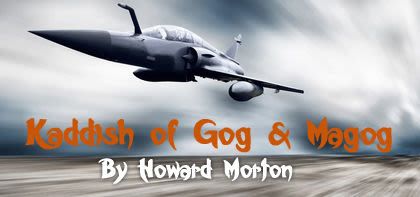
Kaddish of Gog & Magog
Our Sages say that Persia will destroy the entire world and the Jews will be in a difficult situation," Rabbi Wolfson said. "Why are we quiet? Where is the awakening?

Let’s say you were a contestant on a game show, and you were asked this question that could win you an easy $64,000: Does the Mourner’s Kaddish prayer refer to mourning or to the War of Gog and Magog? What would you answer?
If you’d answer that it’s about mourning, you just lost the $64,000.
The Mourner’s Kaddish that Jews have been reciting for centuries at funerals and in synagogues mentions nothing about death or mourning the loss of a loved one. It’s not, what many believe, a prayer for the dead, even though its recitation benefits the soul of a departed loved one. Rather, it’s a heartfelt plea for the complete redemption of the Jewish people and the much-awaited Messianic era.
More than that, Kaddish actually begins where the War of Gog and Magog ends.
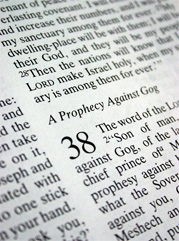 I’ve been saying the Mourner’s Kaddish in the synagogue several times a day, every day, since my mother passed away more than half a year ago. Wanting to know the meaning of the words to this emotional prayer, I was stopped in my tracks by the tone-setting opening line: “Yisgadal v’yiskadash sh’mei rabba.” The prayer books usually translate it as: “Magnified and sanctified be His great Name,” which I never really understood.
I’ve been saying the Mourner’s Kaddish in the synagogue several times a day, every day, since my mother passed away more than half a year ago. Wanting to know the meaning of the words to this emotional prayer, I was stopped in my tracks by the tone-setting opening line: “Yisgadal v’yiskadash sh’mei rabba.” The prayer books usually translate it as: “Magnified and sanctified be His great Name,” which I never really understood.
But then the prayer’s entire perspective radically changed as I discovered where the first two words of Kaddish came from — and that they actually refer to potentially fearsome events in our own time.
The first two words of Kaddish are taken from G-d’s declaration in Ezekiel 38:23, “I will be magnified and sanctified,” meaning the entire world will recognize G-d’s greatness and sanctity.
And this declaration will occur only after the War of Gog and Magog reaches its earth-shattering climax.
As prophesied by Ezekiel (chapter 38) and Zachariah (chapter 14), Gog, the leader of a nation referred to as Magog, will invade the Jews in the land of Israel with a massive alliance of many enemy nations. These nations eventually attack each other with “the sword,” and it is then that G-d will judge them with “plague, blood, torrential rain and hailstones, fire and sulfur” (Ezekiel 38:22). This is how the War of Gog and Magog ends.
And it’s how the messianic era begins.
The great eleventh-century commentator Rashi says the War of Gog and Magog will take place at the “End of Years” (Ezekiel 38:8). And today’s Torah leaders agree we’re currently living in the historical time period of the End of Years (also called the End of Days), the time directly before the messianic era.
According to Rabbi Avraham Greenbaum, author and translator of many classic Breslev texts, Ezekiel’s Gog-and-Magog prophecy teaches “that the assault of the nations occurs AFTER [sic] the in-gathering of Israel, or the greater part of them, from exile…. It is plain that this refers to our present era, when for the first time in two thousand years a majority of the world’s population of Jews lives in Israel” (AZAMRA Study Notes to Ezekiel Chapter 38).
All of which means the War of Gog and Magog could likely occur in our days.
Many say that the physical War of Gog and Magog against the Jewish nation had already occurred and peaked with the unfathomable horrors of the Holocaust. If so, it’s the spiritual War of Gog and Magog we’re currently facing, a dangerous assault to uproot us from the Torah, from the Land of Israel and, most importantly, from our connection with G-d.
Others believe the physical War of Gog and Magog is yet to come, especially today with the entire world’s focus on Iran’s nuclear ambitions.
Interestingly, one of the key nations Ezekiel foresaw joining Gog in his invasion of Israel is Persia, which is today’s Iran.
Israel National News reported last year that Rabbi Moshe Wolfson of Brooklyn’s Yeshivah Torah Vodaath warned of a millennia-old prediction that Persia (Iran) would destroy the world in the time immediately before the complete redemption of the Jewish people.
“Our Sages of blessed memory say that Persia will destroy the entire world and the Jews will be in a difficult situation,” Rabbi Wolfson said. “Why are we quiet? Where is the awakening? Why is everyone apathetic? Why is everyone busy with silly and unimportant things? Do we not hear the alarm? Do we not know that we must break open the gates of Heaven and ask for mercy from G-d?”
In another Israel National News article about the Iranian threat, Rabbi Wolfson also said that “Hashem will perform miracles for us,” and that above all Jews should keep in mind we live in “momentous times, and we should prepare for the upcoming era with emuna and bitachon (trust in G-d).”
Though it seems Israel will be center stage during the War of Gog and Magog, many strongly feel that Israel, the Land of Emuna, will be the safest place on earth for Jews if G-d forbid there’s any kind of global attack against the Jewish people. In fact, it’s the Jews outside Israel who could face the greatest danger as they find themselves once again defenseless in countries savagely hostile to Jews.
All this makes the Kaddish prayer an urgent, timely plea for the painful birth pangs before the Messianic period to end swiftly — and for G-d’s greatness to be universally recognized with the coming of Mashiach (the Messiah) and the building of the Third Temple soon. This isn’t a prayer for some distant future. It’s a prayer for today. In fact, just a few weeks ago, I heard directly from one of America’s leading Roshei Yeshiva, Rabbi Dovid Schustal of Beth Medrash Govoha in Lakewood, that Mashiach is very close and we have to get ready now.
So perhaps one reason why mourners recite Kaddish is to help our loved ones’ souls as we strengthen our emuna in G-d, trust in His miraculous redemption of ourselves and ask Him to quickly usher in a new era of incredible light, peace and G-d awareness — not to mention getting others to answer, “Amen, may His great Name be blessed forever and ever.”


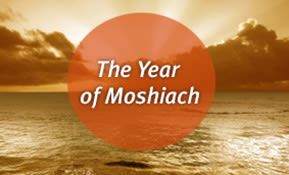
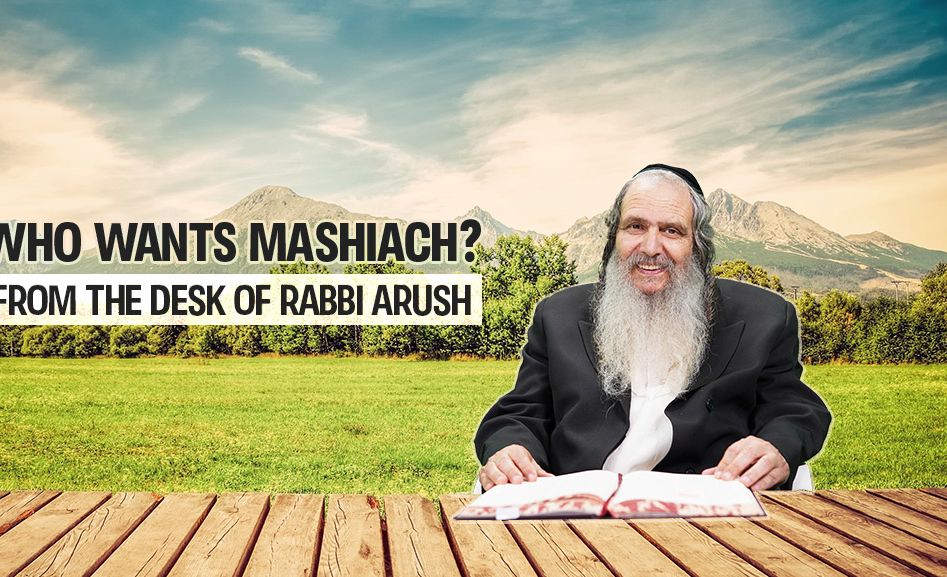
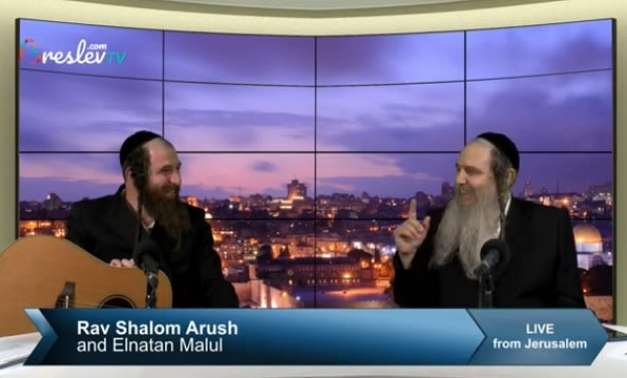

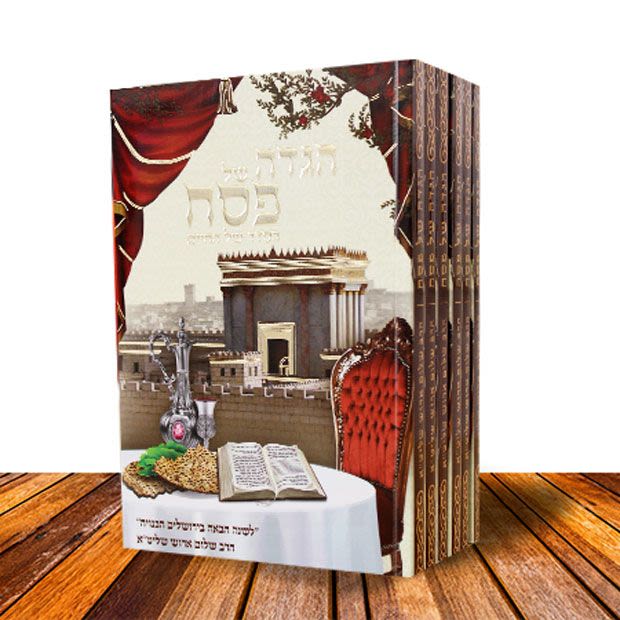

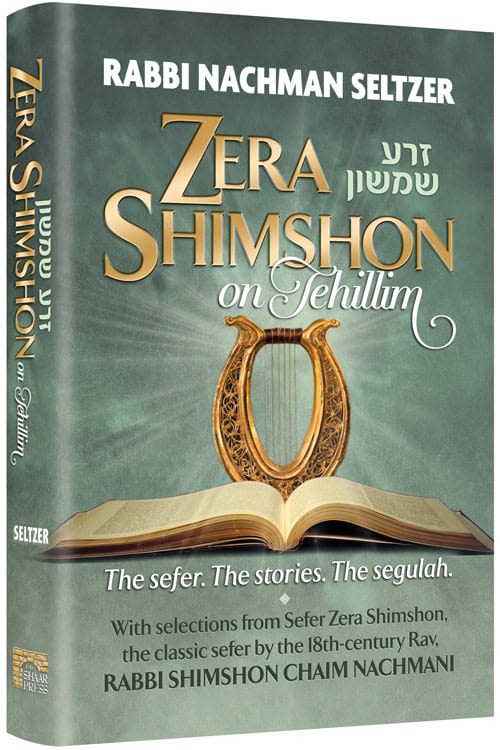
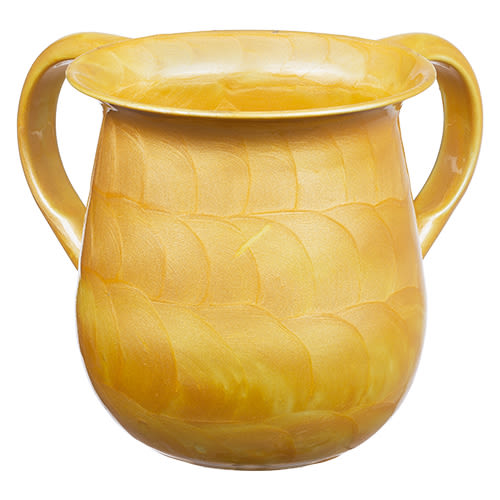
Tell us what you think!
Thank you for your comment!
It will be published after approval by the Editor.